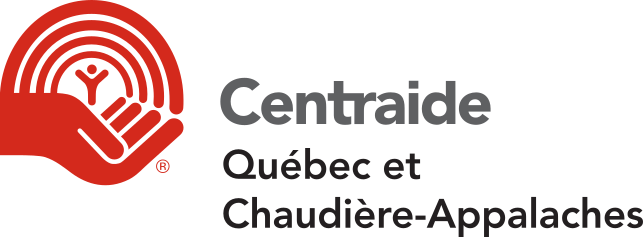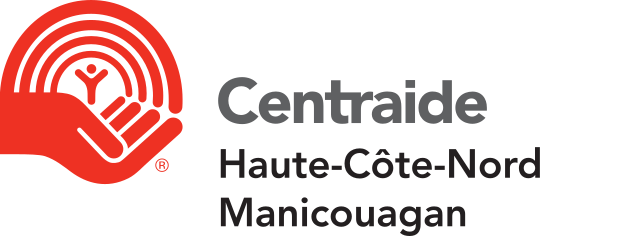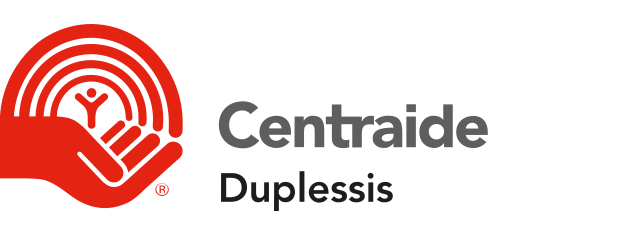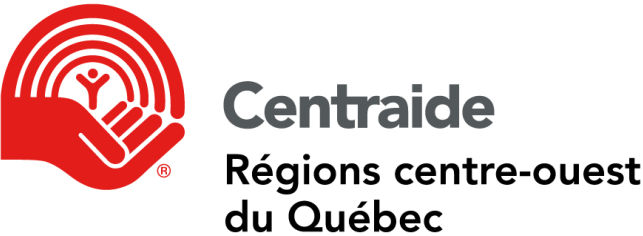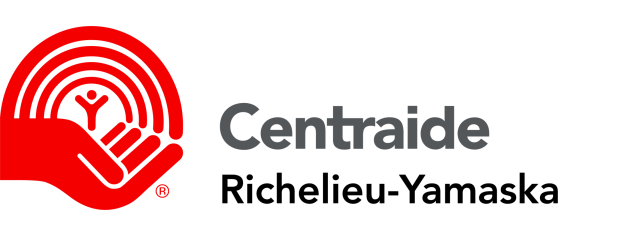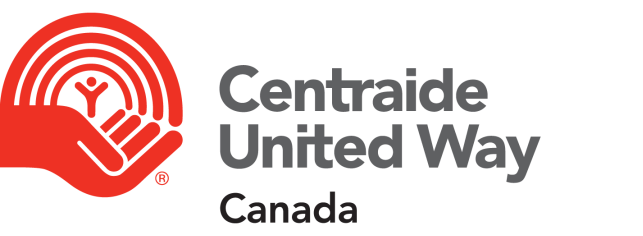[ Browse by Service Category : Topics Related to Juvenile Delinquency Prevention (2) ]
Juvenile Diversion
Community-based programs that provide comprehensive social services for individuals younger than age eighteen who have committed a minor offense and are directed to participate in a diversion program as an alternative to arrest, prosecution or, in some cases, sentencing for the offence. Most juvenile diversion programs do an assessment of the individual's needs and provide and/or coordinate the delivery of the necessary services which may include individual, group or family counselling, substance abuse counselling, supervised recreational activities, vocational guidance, tutorial services and supplemental referrals for other needs.
Bullying Prevention
Programs that attempt to reduce the incidence of bullying, a form of violence among children, on school playgrounds, in neighbourhoods and in homes, through a variety of interventions which may include use of an anonymous questionnaire to assess the nature and prevalence of the problem, development and announcement of an intervention program, open discussions of bullying at school and in other venues, increased supervision of children in areas that are "hotspots" for bullying, arrangements for reporting bullying incidents, immediate intervention when bullying incidents occur, development of protective strategies for targets, formation of support groups for victims of bullies, discussions with parents of involved students, and engagement of community members in support of the program. Most bullying prevention programs are school based and target students in elementary, middle and junior high schools. Bullying can be physical, verbal, or psychological; and involves intentional, repeated hurtful acts, words and other behaviour such as name-calling, threatening or shunning committed by one or more children against another child.
Youth Violence Prevention
Programs that attempt to reduce the incidence of violent acts committed by youth on the streets, in the schools or in other settings through a variety of educational interventions which may focus on children of various ages, parents, people who work with families, the schools, health care providers, law enforcement officials and/or the community at large. The program may provide information about model/promising prevention and intervention programs and crisis response strategies; descriptions of the risk factors associated with youth violence; research including statistics on violence committed by and against children and teens; outreach; and/or presentations that may be tailored for a variety of audiences.
Family Based Services
Programs that provide a wide variety of social services that are designed to support healthy family development, improve the family's ability to resolve problems (such as poverty, unemployment, ill health, homelessness, substandard housing, educational difficulties, substance abuse, adolescent pregnancy, delinquency and physical and developmental problems) and prevent the need for unnecessary placement of children in foster care, group homes, inpatient substance abuse or mental health treatment programs, residential training schools or other alternative environments when family problems reach crisis proportions. Services may include home visiting services that focus on public health issues (especially prenatal), mental health and substance abuse counselling, home management instruction, success in a child care setting, parenting skills development, stress management, tutoring, pregnancy awareness and AIDS awareness; may be available to the community at large, to families at risk for dissolution or those currently in crisis; and may be offered by a single agency or a coalition of agencies that have agreed to provide services according to a coordinated case plan.
[ Sub-Topics | View Programs and Services (121) | Related Topics ]
The above terms and definitions are part of the Taxonomy of Human Services, used here by permission of INFO LINE of Los Angeles.

